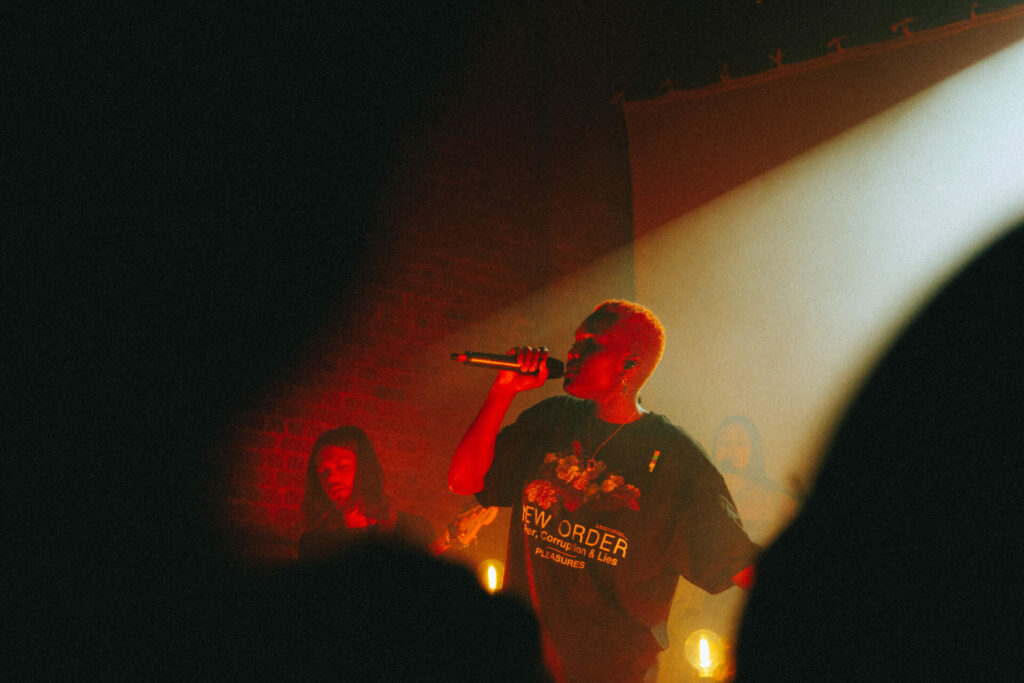Arlo Parks highlights need for accessible mental health support as UNICEF shares ‘State of the World’s Children’ report
The Mercury Prize winner's comments were made in response to a new UNICEF report

Arlo Parks has spoken out about the need for more mental health support for the most marginalised groups in response to UNICEF’s The State of the World’s Children report.
The British singer-songwriter highlighted the need for accessible mental health support for children and young people in particular, in response to the report published this morning (5 October).
The State of the World’s Children 2021 report examines children, adolescent and caregiver mental health. It also focuses on “risks and protective factors at critical moments in the life course and delves into the social determinants that shape mental health and well-being.”
The report raised concerns about the Covid-19 pandemic’s potential impact on a generation of children. It states: “But the pandemic may represent the tip of a mental health iceberg – an iceberg we have ignored for far too long.
In response to the report Parks said: “I have lost friends to mental illness and watched them drown in an inky pit of darkness.”
She adds: “I have also seen friends blossom and navigate their way towards the light with professional help and a loving, attentive support system.
“A mind filled with shame cannot grow and that is why I believe that deconstructing stigma, making mental health support accessible and building structures to support people, in particular vulnerable and marginalised groups, is essential. Queerness in particular should not mean guilt, it should not mean other.”
Parks, who also features in the first issue of Rolling Stone UK, added that we “must check up on each other, stand up for each other and banish shame from our vocabulary.”
The singer’s debut album ‘Collapsed in Sunbeams’, which explores her own battles with mental health, won her the 2021 Mercury Prize.
Last month, Parks also spoke to Metro about the mental health challenges of being in the music industry. “A lot of being an artist is becoming public facing and having your work become your livelihood and just being perceived a lot more and, from a lot of stories I’ve been told, there isn’t really that much support,” she said.
“There isn’t that framework to protect people and help them understand that they can talk to people about things and that their feelings are valid.”
